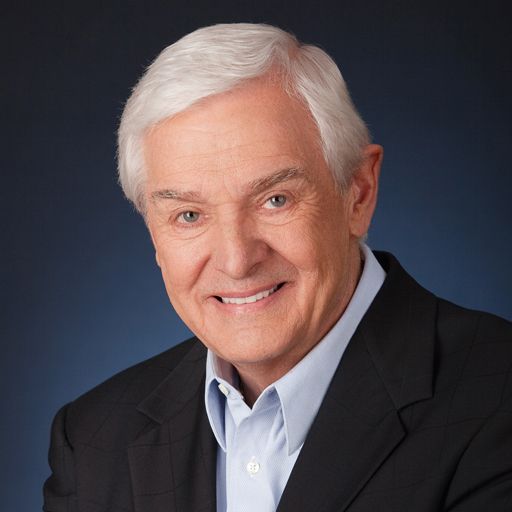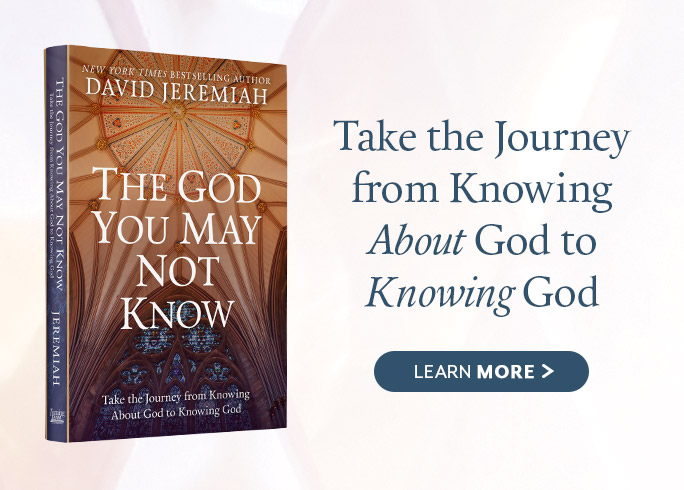In 1859 Charles Dickens wrote A Tale of Two Cities, a novel featuring events
that occurred in eighteenth-century Paris and London.
The Bible also describes a tale of two cities—Jerusalem and Babylon. Jerusalem, of course, we know as the historical capital of God’s chosen nation, Israel, and the future earthly capital of His Kingdom. Babylon, on the other hand, is the city which the Bible uses as a symbol for the worst of the world’s evils—extreme decadence, cruelty, ravenous power, and implacable contention against God.
Babylon began as Babel, the city established by the ambitious Nimrod in his attempt to organize the first worldwide government in opposition to God (Genesis 11:1-9). Centuries later it was the armies of Babylon that conquered Jerusalem, and it was the city of Babylon that held captive the exiled Jews. Babylon fell more than five centuries before the birth of Christ, but its spirit has survived in subsequent world empires.
The other city, Jerusalem, has fallen several times and has been occupied or oppressed throughout much of history. It might seem, that Babylon, the city of man, has been stronger than Jerusalem, the city of God. But that is not so. Yes, Jerusalem has been persecuted, but for a good reason: Its persecution has been a discipline designed to prepare it for its future role. Revelation makes it clear that in the history-long struggle between these two cities, Jerusalem will be the ultimate victor. It tells of Babylon’s final destruction and the ascendancy of Jerusalem as the permanent capital of God’s Kingdom.
A study of Daniel is relevant today because it portrays a period of history that resembles what our society is quickly becoming.
In Daniel we meet two kinds of agents: First, we see strong characters of prayer and firm conviction that know who God is and refuse to compromise their faith by acceding to the demands of a corrupt and godless culture. Second, we see characters filled with pride, give in to debauchery, and have no respect for any god but their own glory and appetites.
Daniel exposes us to several prophetic visions. These visions show us two futures: The first is a future that had not yet occurred when Daniel wrote of it but has now been explicitly fulfilled in history. It’s the story of four world empires that have risen and fallen exactly as Daniel predicted. The second future is one that is yet to come—a dark and foreboding future describing what we call the End Times—but will occur before the glory of Christ fills the world. The explicit accuracy of the prophecies that have already been fulfilled gives us absolute confidence in those that are yet to be fulfilled.
Both of these phases of Daniel’s prophecy have immense value to us today. They bring the cyclical nature of history out of the past and project it into the future; showing us how we must live in the present. In fact, the entire book of Daniel demonstrates why the kind of courage, conviction, and devotion to prayer Daniel displayed are as critical today as they were in his time.
Daniel lived in a time of rampant godlessness in an empire that devastated God’s people. And those with the discernment to read the signs of the times today (Matthew 16:2-3) know that the similarities we see between Daniel’s Babylon and today’s Western culture are foreshadows that his dark prophetic visions loom on the horizon. The only way to endure is to rely on God’s strength, as Daniel did, and commit ourselves to standing against this coming darkness.
Years ago Francis Schaeffer wrote a popular book titled How Should We Then Live? The vivid examples of high courage and strong conviction in Daniel answer that question perfectly. In essence, we are to live as Daniel and his friends did in Babylon. We are to trust in the Lord; we are to not waver in what we know to be true; we are to be examples of Christ in our godless culture. If we exude the qualities of Daniel, then we will always stand firm in opposition to that which is against God—both now and in the future. Be a Daniel today!
David Jeremiah is the senior pastor of Shadow Mountain Community Church and the founder and host of Turning Point for God. For more information about Dr. Jeremiah or Turning Point, visit www.DavidJeremiah.org.








